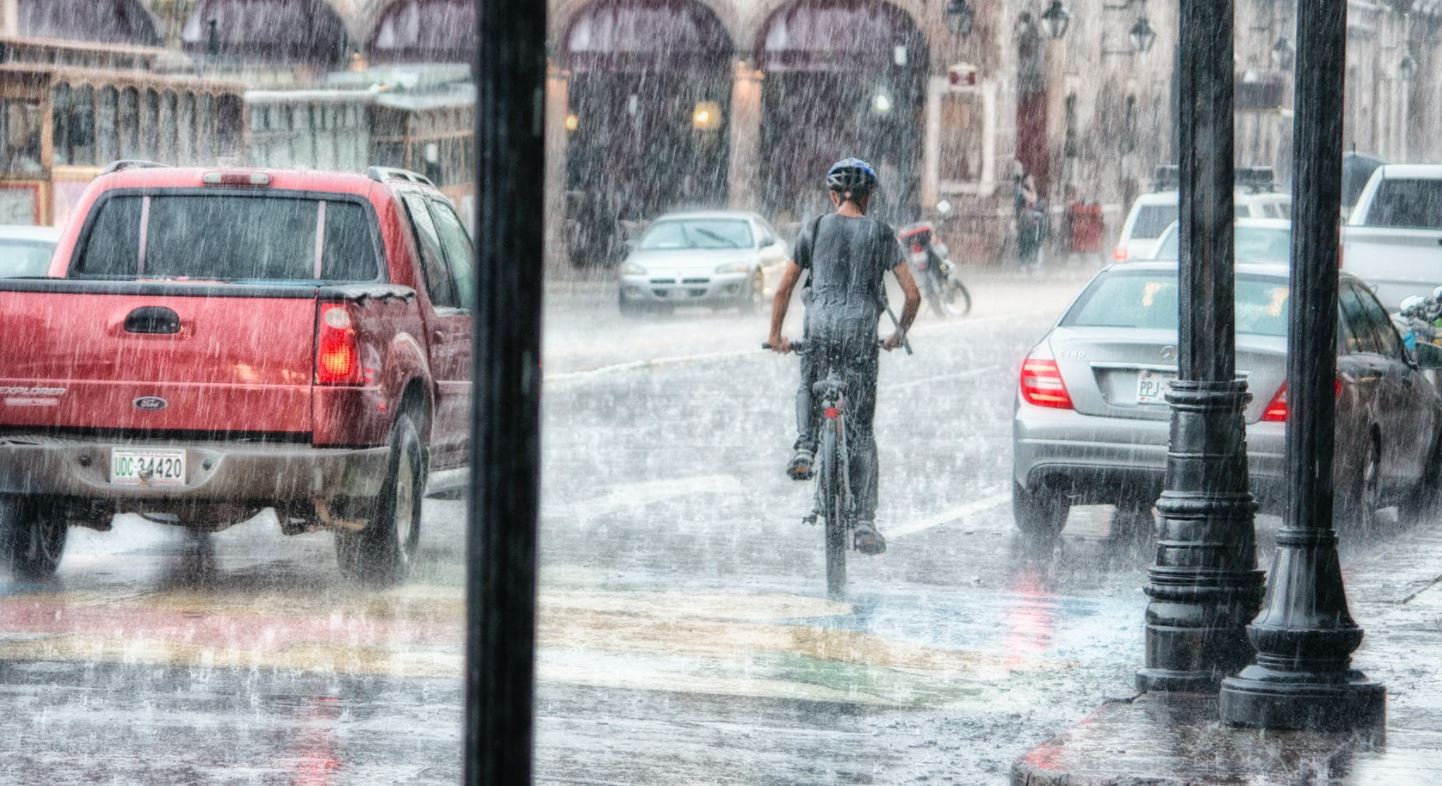Disaster preparedness is important for everyone. Unfortunate situations may happen anytime, and natural disasters are also unavoidable. It’s important to stay aware and prepared, especially when you’re caring for frail seniors.
When disaster strikes, our elderly loved ones are among the most vulnerable. This is why it’s highly critical that we as family caregivers must be prepared for any emergency.

Below is a guide for disaster preparedness to help you, a family caregiver or adult offspring of a senior, to continue care for them and keep them safe in the midst of any emergency situation.
- Create an Emergency Plan
- Have a list of Medical and Emergency Contacts available
- Have an update3d list of people you need to contact in case of emergencies, including friends and other family members
- Talk to family members about plans in the event of an evacuation. Should you be picked up from your phone, will you meet a family member? What will the arrangements be?
- Exercise mock disaster scenarios to make sure everyone in your family is ready whenever something happens
- Consider getting a medical ID bracelet for your elderly, especially if they have a chronic health condition. This should have information about their medical condition, allergies, medications, and emergency contacts. You may also consider getting a copy of these pertinent information in the senior’s wallet or a waterproof container to be with them in an emergency
- Prepare an Emergency Medical Kit
- Your emergency medical kit must include:
- 3-6 days worth of medication as well as an up-to-date list of what your senior is taking, including the brand name, generic name, and the doses and time. You may keep ice packs in the freezer for any medication that needs refrigeration.
- Medical equipment and other medical necessities such as monitoring equipment.
- Written information and instructions about treatment and medical records as well as medical insurance information.
- Your emergency medical kit must include:
- Stock a Disaster Supplies Kit
- Your Disaster Preparedness kit must include:
- Water – 1 gallon per person per day for at least 3 days
- Food – 3-day supply of canned and dried food as well as juices, soups, and protein shakes or nutritional drinks
- Basic supplies – includes can opener, flashlight, hand-crank radio, batteries, waterproof matches, knife or swiss-army knife, plastic bags, disposable cups, plates, utensils, emergency whistle, among many others
- Change of clothing and blankets – one complete set of clothing per person, as well as blanket. You may also include disposable adult diapers and toiletries in small packs or bottles
- First aid kit, which you can buy as pre-packaged and must include dressings, bandages, cloth tape, antibiotic ointments, antiseptic wipes, gloves, and many more
- You may include other hygiene products such as hand sanitizers, toilet papers, wet wipes, sunscreen, toothbrush and toothpaste, as well as trash bags
- Your Disaster Preparedness kit must include:
When you’re with an elderly parent and loved one, it’s important to follow disaster preparedness tips to make sure that you and your charge are safe whatever happens.
Recent Comments